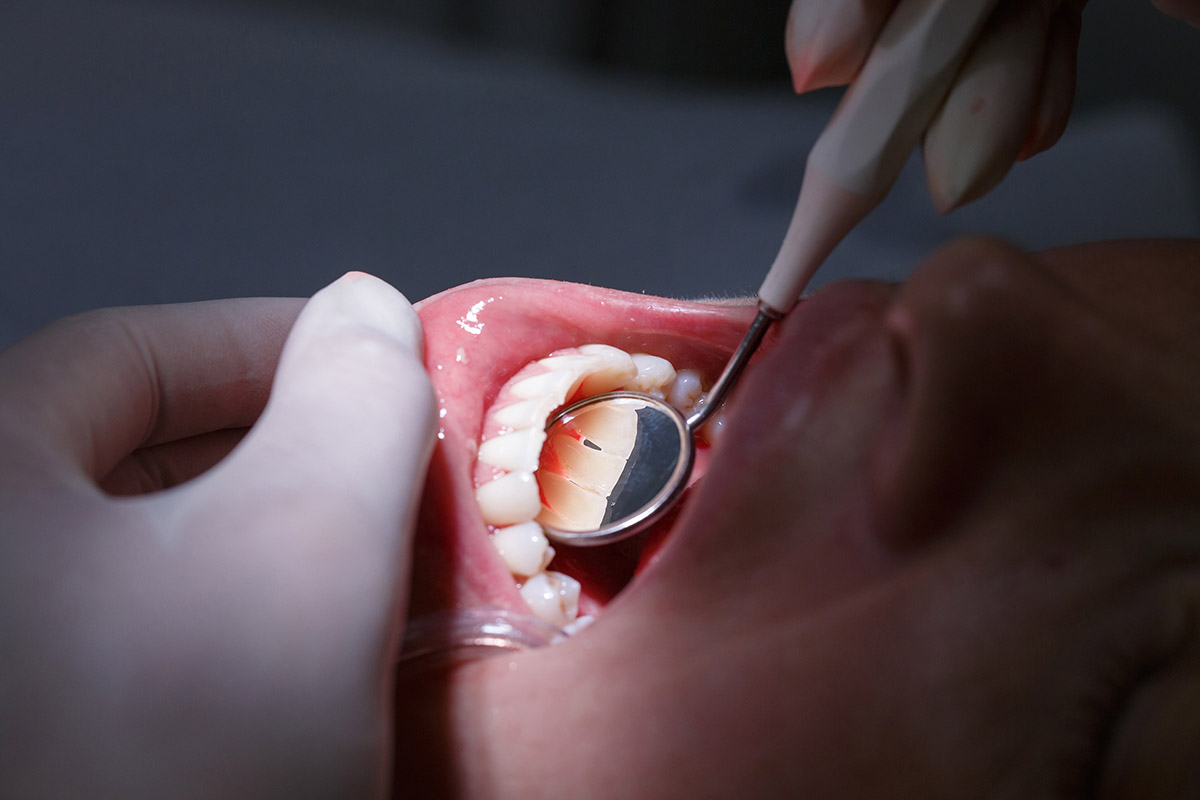Gums are the pink, dense tissue that tightly covers your teeth up to the neck of the tooth. Your gums serve as a protective shield for your teeth’s fragile roots, preventing them from exposure to bacteria, food, and damage from sharp objects. When your gums start to recede, pain, tooth decay, or even tooth loss can happen. You may be able to avoid gum recession, but you need to understand some of the causes of receding gums. Fortunately, Lovett Dental Conroe can guide you through how to prevent and deal with receding gums.
Improper Oral Hygiene
It’s important to take care of your teeth to have healthy gums adequately. When you don’t brush and floss as part of consistent oral hygiene, bacteria can build up on the surface of your teeth. If you don’t properly remove the bacteria, that can lead to plaque and, eventually, tartar. Only your dentist can remove tartar from your teeth through a teeth cleaning properly so you can avoid receding gums.
Gum Diseases
When the bacteria in plaque remain on your teeth, it can lead to gingivitis. You may have inflamed gums, and you may even see blood when you brush. Left unchecked, your gingivitis can lead to periodontitis. Periodontitis is a disease in which the gums and bone separate from the tooth, and you may experience pain or sensitivity in that area. As your gums recede, food and bacteria can accumulate in the spaces and result in an infection or the need for emergency dental services. Receding gums from gingivitis and periodontal disease can result in tooth loss if not treated.
Genetics
Regardless of how well you take care of your teeth and gums, you still may be more susceptible to receding gums and gum disease than other people. Your genes determine how weak or thin your gums are and how easily you may develop periodontitis. Your genes also determine whether or not your teeth will grow in misaligned. If not corrected early with custom orthodontic dental braces, crooked teeth place a lot of force on your gums and teeth and can cause gum recession.
Smoking
If you use tobacco products in any form, you are more likely to have hard-to-remove plaque. Tobacco use is also linked to a depressed immune system. This means that if you have gum disease or a gum infection, your body will have a hard time recovering. The more you smoke, and the longer you smoke, the more likely you will have receding gums and gum disease.
Hormonal Changes
If you’re a female, you will experience many hormonal changes throughout your life associated with puberty, pregnancy, and menopause. These can have a great effect on the health of your mouth and gums. You may have tooth and gum sensitivity and have a higher risk of receding gums.
Aging
As you age, you become more susceptible to gum and tooth problems. Many older people are taking medications that decrease the amount of saliva they produce and increase the presence of bacteria and plaque. Medications for conditions common in older people include those taken for diabetes, hypertension, and high cholesterol and can cause dry mouth. You may even have dry mouth as a side effect of cancer treatment. Many people over the age of 65 have at least one receding gum area associated with dry mouth.
How to Determine My Causes of Receding Gums
Receding gums are a common occurrence in adults but can affect children as well. It’s important for your dentist to diagnose and treat receding gums as early as possible so you can avoid unnecessary discomfort and tooth loss. Call the professionals at Lovett Dental Conroe at 936-760-2400 to make an appointment today for general dentistry and other dental services.







